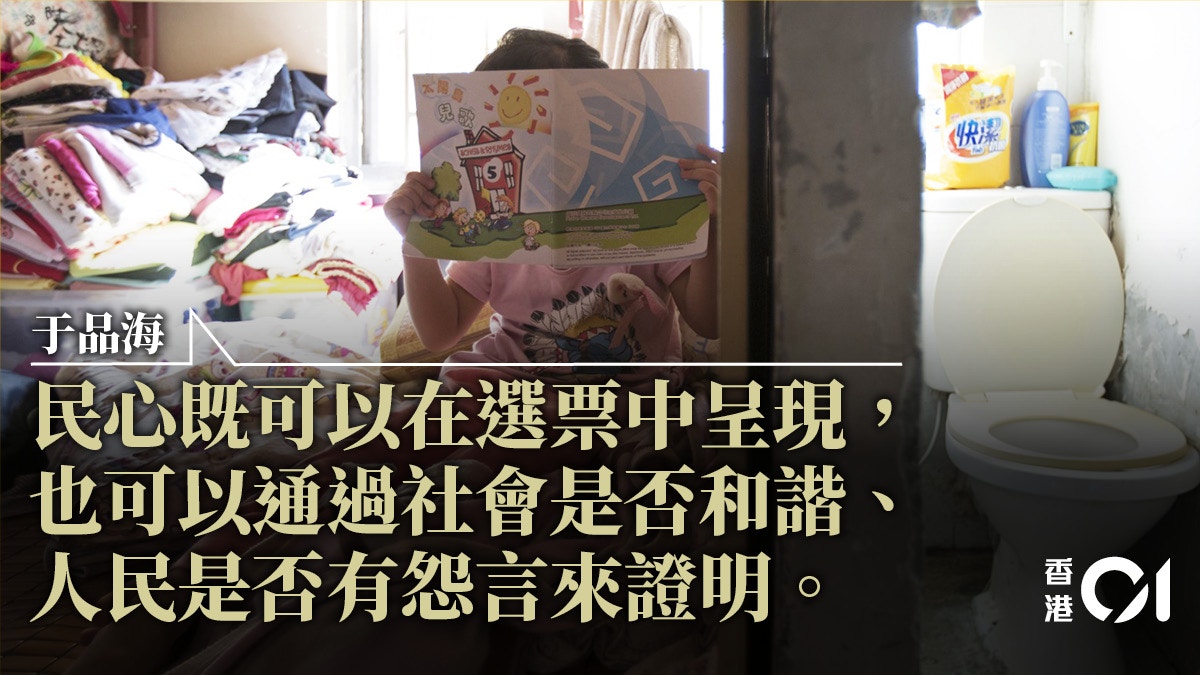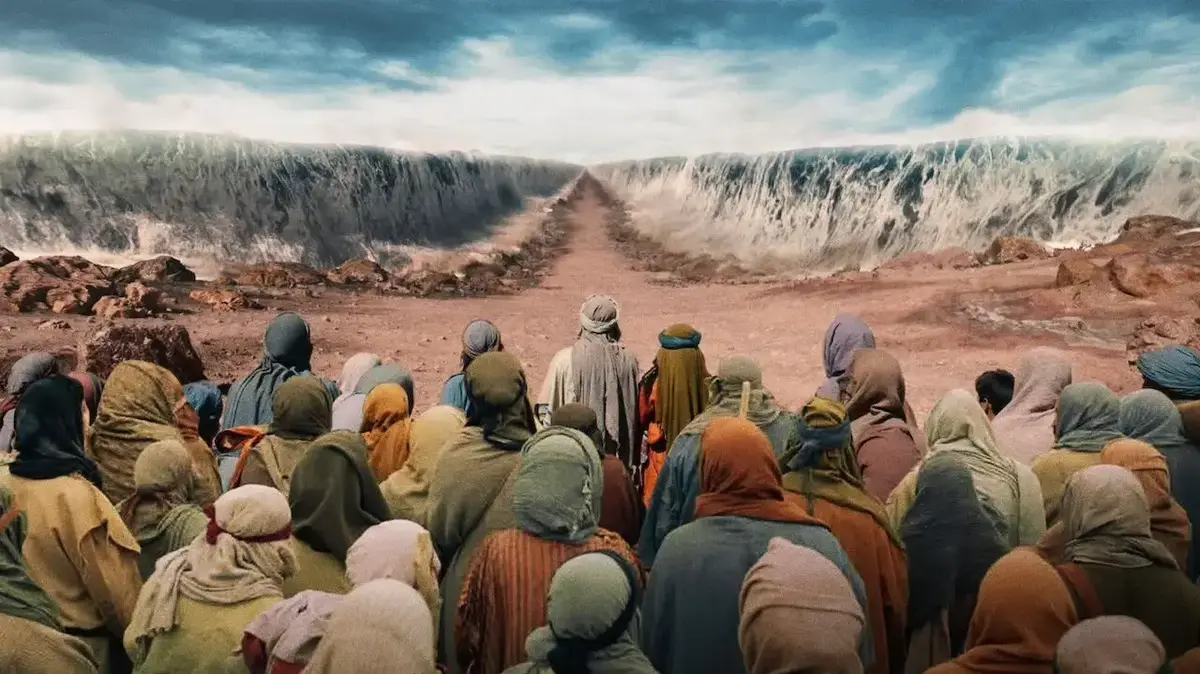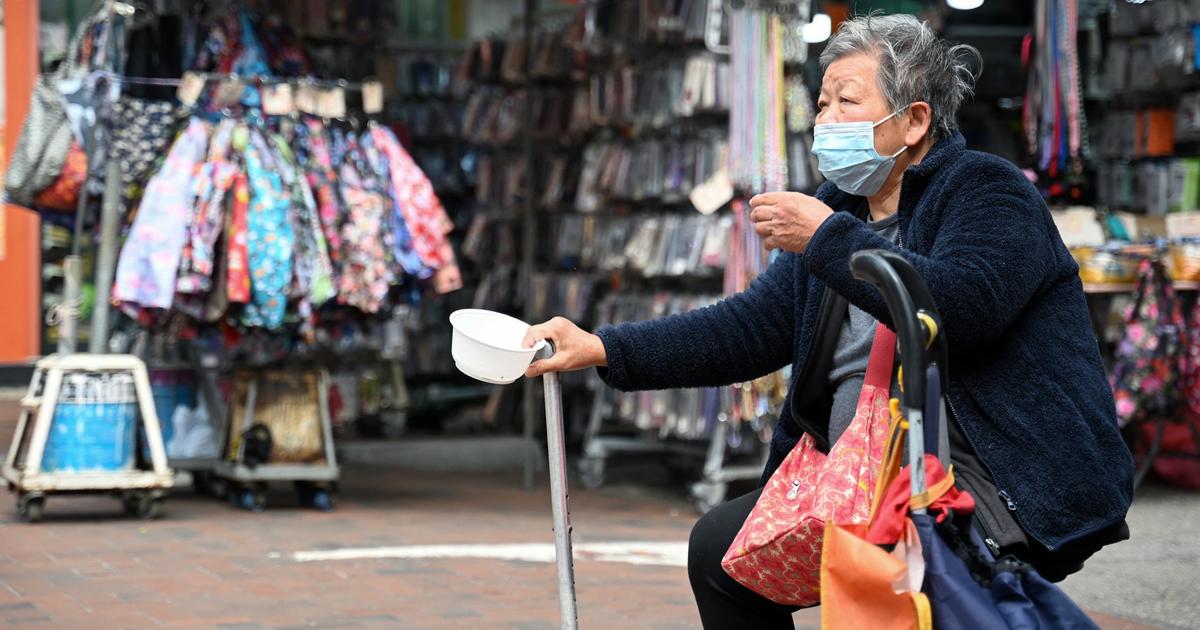The "Historical Resolution" of the Sixth Plenary Session of the Nineteenth Central Committee of the Communist Party of China is to examine China's current political situation and provide historical inspiration for future governance. Among them, many explanations are made on democracy and governance.
Democracy is increasingly discussed and debated today, but for different reasons than ever before.
Decades ago, when the Soviet Union disintegrated, Americans declared "the end of history" and capitalist democracy triumphed over socialist dictatorship. The democratic discourse at the time was American boasting, but reality made it convincing.
However, the feng shui turns, the financial turmoil, social disintegration, and the worsening gap between the rich and the poor have all put American-style democracy into question.
At the same time, with the rise of China's economy, China has become a respected new system concept, and the CCP has put forward a brand-new democratic discourse. Although it is not yet mainstream, it has already posed a powerful challenge to American-style democracy.
This makes today's democratic discussion no longer a matter of words. Hong Kong people who have experienced "Occupy Central" and the 2019 riots should feel this very well.
The essence of democracy is governance
The essence of politics is governance, isn’t the original intention of democracy also governance?
To meet the needs of people's life and development, to provide a fair and just social environment for the people, to allow people to live and work in peace and contentment, to develop their strengths, and some people even become elites of the country and society.
Modern politics emphasizes democracy. The starting point is to demand fairness and justice. It believes that all people should have the right to participate in national and social governance in a fair and reasonable manner, not only to protect their own rights and interests, but also to enjoy the right to be the master of the country.
But democracy is abstract.
In reality, people cannot directly participate in national decision-making and resource allocation, so democratic mechanisms such as elections and parliaments have evolved.
The popularity of this mechanism, in turn, proves that the people's "ownership" can only be a statement, and after all, it cannot evolve from a concept to a reality.
Democracy is only a theory that everyone can feel. Voting to directly elect members and the president is a method. The same is true of participating in referendum decision-making on various options on a specific issue, but it can only be a form of democracy being implemented one-sidedly.
Democracy is about the exercise of people's power.
Since the people cannot truly and directly exercise power, elections or referendums are considered appropriate expressions of "people's hearts".
This reality proves that "people's heart" is the greatest politics. It means that when the vast majority of the people are satisfied with the governance of the country and believe that it meets their needs and expectations, and is what the people want, democracy will be realized.
Can this satisfaction pass the election test every few years?
It seems that it is not enough. China realizes the theory of "full process democracy" from it, and actively tries to take this path.
In the United States, there are frequent social conflicts, political torn, unfair economic distribution, fragile people's hearts, and great dissatisfaction with the country and the regime. Is this democracy?
(file picture)
The electoral mechanism of Western democracy is essentially a test of popular sentiment.
Several candidates run for election, once every few years, to see who gets the most votes and is most acceptable to the people, becoming a member of parliament or president.
After taking office, the public will continue to be tested. Public opinion surveys and media public opinion will naturally become the means to examine the people's intentions.
Whenever public support drops, the winner is worried; if the support rises, it means that everyone supports his governance, and the chance of winning the next election is guaranteed.
These are all proving what the "people's heart" wants. Can we say that this is "democracy"?
Depends how you define it.
The foundation of modern politics is people's hearts and minds, whether people support those in power.
If it is supported, it usually means social stability and people live and work in peace and contentment, and everyone accepts the status quo.
People's hearts can be shown in the ballot paper, and it can also be proved by whether the society is harmonious and whether the people have grievances.
The United States is considered a democracy because it has elections, but the United States has frequent social conflicts, political divisions, unfair economic distribution, fragile people's hearts, and great dissatisfaction with the country and the regime. Is this democracy?
China does not have democratic elections as defined by the West, but even if the Chinese people highly identify with the governance of their own country and society, and support the Chinese Communist Party convincingly, according to the survey conducted by Western scholars, can you say that it is not democracy?
How to explain this difference in terms of democracy has become a topic of interest to many scholars.
Effective Governance Must Relieve People's Worries and Hopes
I have always believed that democracy is to solve problems, it cannot be just belief, a kind of spiritual blasphemy.
Religion is about the future after death, democracy is about life in the present.
People's hearts also point to whether the problem has been solved. If it is solved, the people's hearts will be happy. If it cannot be solved, the people's hearts will be sad.
In fact, the American system designed according to the philosophy of Locke or Montesquieu is also from the perspective of effective social governance.
The founding history of the United States is the result of a power game between the feudal emperors in Europe and the middle class who immigrated to the Americas. The latter who won the war of independence wanted to restrict the power of the government, and its system was designed to serve this goal.
According to the changes of the times, the system is constantly adjusted, but all are based on the principle of governance effectiveness. The 27 constitutional amendments in the past have well illustrated this change.
If only democracy is the sacred principle of the founding of the United States, why do women, black slaves, and immigrants still have no right to vote more than a hundred years after the founding of the country, and the aborigines are the targets of slaughter?
Changes in the system are due to the need for governance. Democracy is definitely not just spiritual food. People's hearts must also be concrete. It concerns all people. Only with people's hearts can democracy become possible.
Xi Jinping spoke of the people's hearts in a popular way: "The country is the people, and the people are the country. Fighting the country and defending the country is the heart of the people." "Sit on the country", and even lose "jiangshan" soon, which means that the CCP does not know how to govern the country, the people are not satisfied with its governance, and the party and the country will soon be destroyed.
"Jiangshan" usually refers to the robber-like revolutionary groups who only know how to sit back and enjoy the success after winning the world. They will not face more severe governance challenges with a heavy heart like Mao Zedong's "rush for the exam" mentality when he entered Beijing.
In the late Ming and early Qing dynasties, Li Zicheng conquered the country and proclaimed himself emperor in Beijing for a few months, but was soon ousted from power and never gained popular support.
The "guarding the country" mentioned here is not the "guarding" of "waiting for the rabbit", but to actively govern the country and win the hearts and minds of the people.
Xi Jinping emphasized that "what the people worry about, I will read it; what the people hope for, I will do it" - "worry" and "hope" are "where the heart is".
Hong Kong turmoil stems from the government's loss of the people's hearts
The inherent factor behind the 2019 riots in Hong Kong is that the government has lost the hearts and minds of the people.
The amendment of the extradition law would not cause such a major social conflict, but the separatists took advantage of the government's loss of popular support, and the amendment of the extradition law was only a spark.
Why did "true universal suffrage" become the appeal of countless young people in 2014?
Because everyone is dissatisfied with social governance, they are trying to find a way for themselves to participate in governance. Unfortunately, they use the wrong method.
There were also sporadic demands for political reform in the later period of colonial rule, but no riots occurred because everyone accepted the social reforms of the British Hong Kong government.
After the June 7 riots, the British Hong Kong government realized that it had lost the hearts of the people, so it launched huge social reforms in the 1970s and 1980s to win back the hearts and minds of the people, with great results.
Compared with democracy, popular sentiment can be measured and even mastered.
Historically, social conflict is the instability of people's hearts, and social reform and transformation are aimed at saving people's hearts.
If a society does not examine social conflicts and changes from the perspective of popular sentiment, it will only mechanically think that elections are social reforms, which proves that everyone does not understand democracy from the perspective of governance.
When people feel helpless about where they live, worry about their children's future, and worry about their old age, can they have confidence in society?
(Photo by Liang Pengwei)
Everyone knows that housing is a pain for Hong Kong people.
When people feel helpless about where they live, worry about their children's future, and worry about their old age, can they have confidence in society?
How could they not vent their grievances and participate in demonstrations if they had the chance?
This is actually a demonstration of popular sentiment. In the US, the UK, and countless European countries, the system may be "democratic", but the fact that demonstrations have become the norm shows that the government has lost popular sentiment.
Major events such as congressional and presidential elections in the United States can change in a few years. Today is the Republican Trump and tomorrow is the Democratic Biden.
When we say "people's opinions are like flowing water", don't we mean people's hearts?
After the social unrest in 2019, Hong Kong has been ravaged by the epidemic for another two years. The government has many problems in epidemic prevention, which has caused the people's hearts to continue to deviate.
Many people thought that they could clear customs with the mainland in December last year and have the opportunity to reunite with their families, but the new wave of epidemic completely shattered their hopes.
Of course, everyone was dissatisfied with the management of Cathay Pacific Airways, but they were mainly angry at the government's refusal to fill the loopholes. When Hong Weimin's high-level official party was exposed because the participants were infected with the virus, the social grievances focused on the government.
This is a change in people's hearts, which can be one after another.
Striving for Democracy Based on Governance Reform
The democrats in Hong Kong only know how to talk about democracy, but they do not go deep into the true meaning of democracy, and even separate democracy from governance.
What is even more absurd is that they regard themselves as democratic "authorities" and take European and American democracy as a model. Based on this, they talk and point fingers on how to develop democracy in the Mainland, but they cannot explain the gap in governance between the two.
Today's situation in Hong Kong is definitely not ideal, but its root cause is that there is a problem with governance and the government has lost the people's hearts.
To fight for democracy, we must win the hearts and minds of the people by reforming governance, rather than talking about "true universal suffrage" like blind flies.
Elections may provide temporary change, but they are by no means sufficient to undertake the burden of structural reform.
As the New Year is approaching, many families are not afraid of "sit in quarantine" and decide to go north to visit relatives during the Chinese New Year.
(Photo by Zheng Zifeng)
If the government can follow the domestic epidemic prevention and anti-epidemic measures, clear the dynamic situation, and clear the customs between the two places, at least Hong Kong people in the service industry will be happy, and Hong Kong people who can return to the mainland to reunite with their families will also reduce their grievances.
Once the government solves the shortage of land and housing as soon as possible, people's hearts will be greatly boosted, and everyone's resentment against the government will not remain high.
Citizens can avoid traveling long distances every day to travel between their homes and workplaces, and have more time to spend with their families or socialize with friends, which will surely lead to a better mood.
These are popular sentiments, and elections are clearly not the only way to achieve them.
The real premise is that governance needs to change, so that people's hearts can return, and democracy will inevitably emerge.
The achievements of the CCP today cannot be discussed abstractly, but we can understand it by observing the hearts of the people in the mainland.
Through it, we can know how the governance of the interior has won the love of the people, social stability, and unity inside and outside.
The "Historical Resolution" of the Sixth Plenary Session is the best document to recognize this reality.




/cloudfront-eu-central-1.images.arcpublishing.com/prisa/LK4BWLOG5F4TALNACDXUI4NVI4.jpg)







/cloudfront-eu-central-1.images.arcpublishing.com/prisa/KMEYMJKESBAZBE4MRBAM4TGHIQ.jpg)


